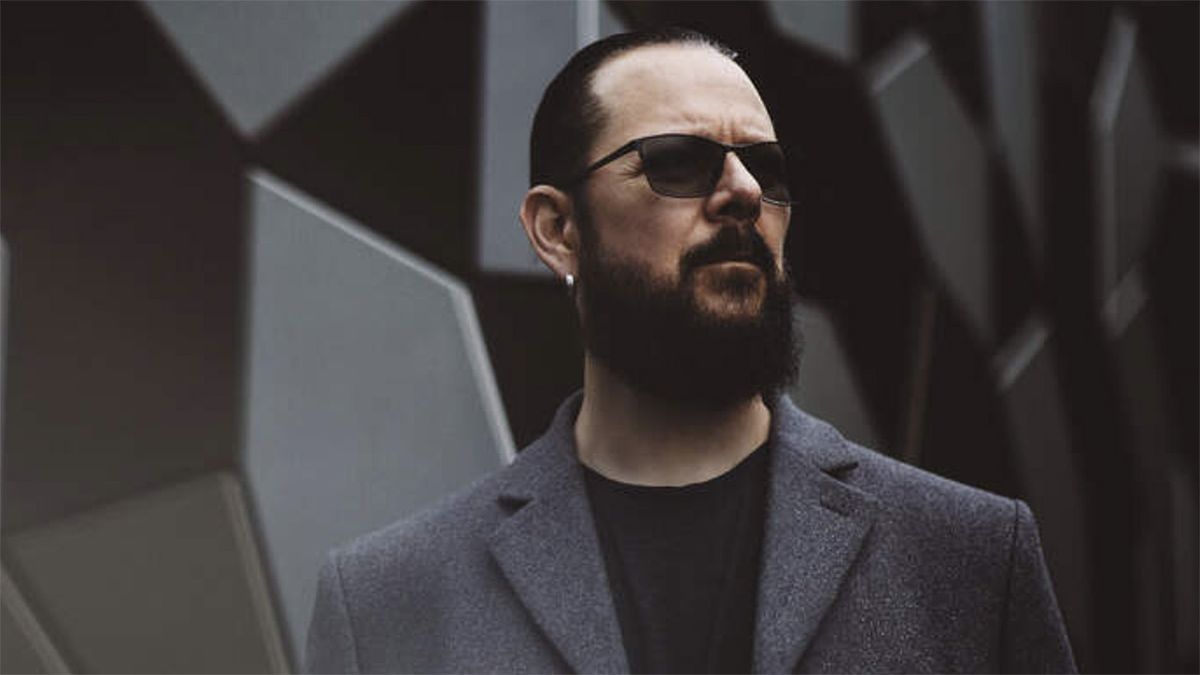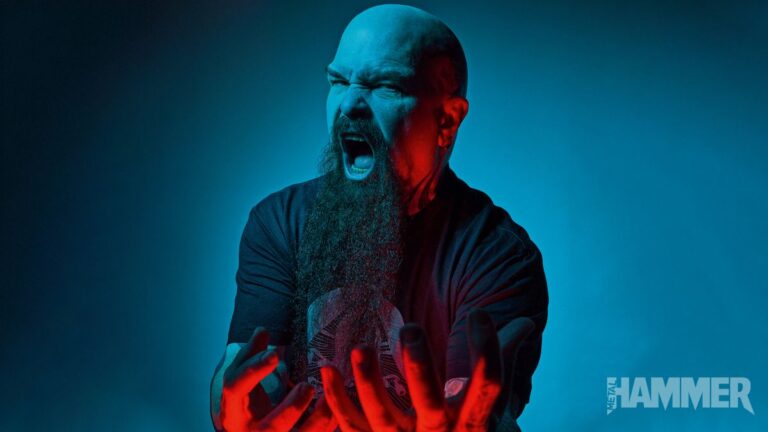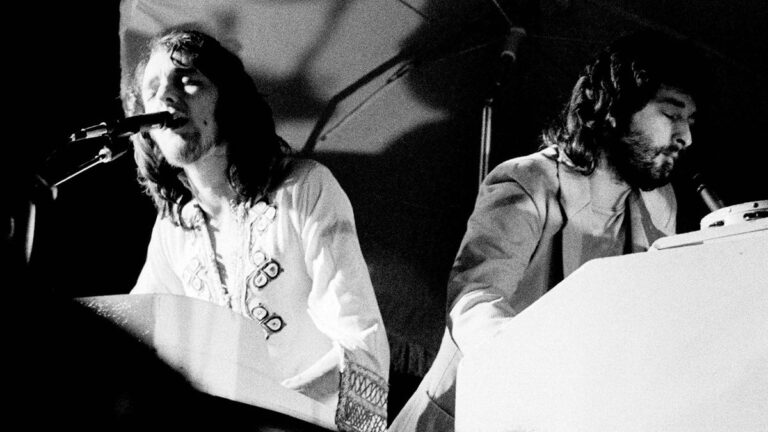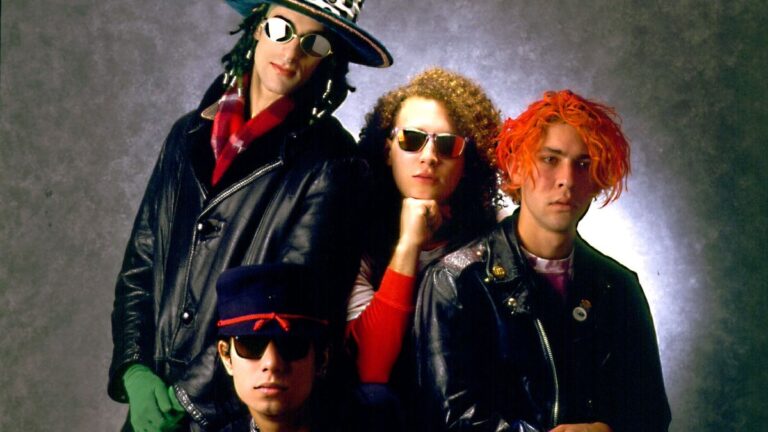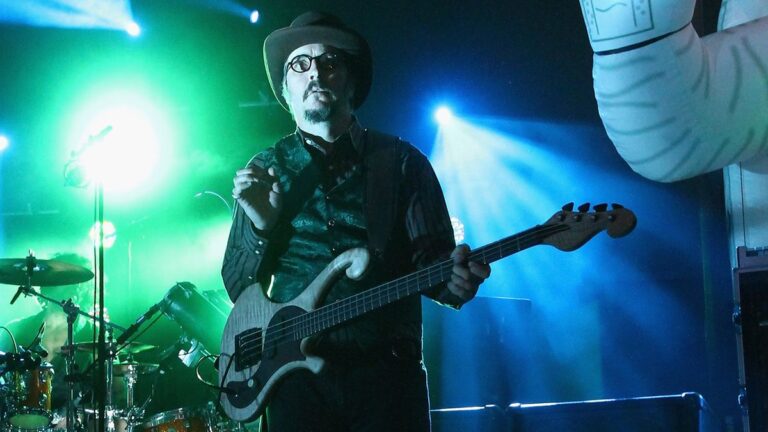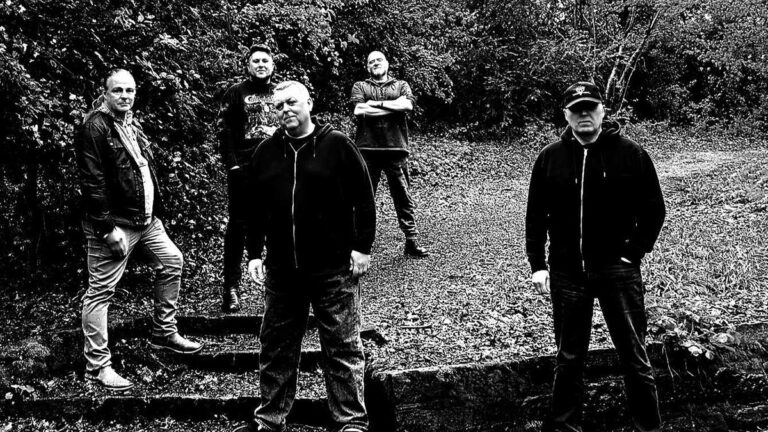Unleashing the Truth: Ihsahn’s Evolution from Metal Frontman to Musical Mastermind
As the frontman of Emperor, Ihsahn rose to prominence in a black metal scene laced with screaming and violence. Since then, his music has only grown more progressive, symphonic, and melodic. He tells Prog about his latest release, the self-titled album that pursues a cinematic atmosphere.
It’s a frigid January when Prog calls Ihsahn. Outside, our hometown of London is enduring a particularly harsh winter, with temperatures hovering below freezing and ferocious winds only strengthening the bite of the chill in the air. However, we’re on the phone with a progressive metal musician who’s lived his whole life in Norway: we don’t get any sympathy. “It’s around 0 ̊C?” Ihsahn asks rhetorically, sat in his home while wearing a jet-black turtleneck jumper. “That’s springtime!”
He grew up looking the extreme potential of Norwegian nature dead in the face. When standing right outside the farm he was raised on in the rural town of Notodden, he could see snow-capped mountains and ice-cold rivers. Indoors, he spent most of his time shielded from the elements playing piano and guitar, inspired by the majesty of such metal icons as Iron Maiden and Twisted Sister, alongside swelling soundtracks composed by Jerry Goldsmith and John Williams.
“There weren’t really neighbouring kids,” the now 48-year-old maverick remembers, “so music became a big part of my free time. I got my first guitar, electric organ, played the bass with my feet and would do jam sessions with myself.”
From those origins as an isolated child in middle-of-nowhere Scandinavia, Ihsahn has grown into one of the most idolized solo artists in prog metal. After he first found notoriety as the frontman of Emperor – who redefined the typically furious black metal subgenre with soundtrack-esque keyboards and Maiden-inspired harmony – he’s continued to push boundaries under his own name since 2006.
And nowhere is his ever-adventurous spirit better encapsulated than on his new, eighth album, which is very deliberately and fittingly self-titled. The 100-minute LP is a story of two halves. The first re-explores Ihsahn’s classic extreme metal energy, yet proves its prog credentials with its proudly unconventional approach to melody.
“I tried to focus more on the scales and harmony structures typical of film music,” he explains. “That was the atmosphere I was going for. I had to take a theoretical approach to study that, because unless you’ve analyzed it, it seems very random – especially for someone who’s self-taught and comes from a very Iron Maiden, very diatonic background.”
Meanwhile, Ihsahn’s latter half is exclusively orchestral, pulling the strings from each track on disc one and letting them consume the foreground. The result is a juxtapositional symphonic prog opus.
Tethering the halves together is an appropriately cinematic concept. Ihsahn weaves a narrative with a monomythical hero, inspired by the writing of US scholar Joseph Campbell, battling the norms of culture to forge his own identity. It’s a journey starkly similar to the musician’s own.
Ihsahn has always been the rebellious type. After his early days making music as a lone youngster on a farm, he met guitar player Tomas ‘Samoth’ Haugen aged 13 at a local blues festival. The pair bonded over an appreciation of classic black metal bands like Bathory, and formed their own to continue that lineage: Emperor.
The duo quickly got swept up in a movement of fellow Norwegian black metal artists, from Mayhem to Darkthrone, and the scene revolutionized heavy music with new forms of melody – alongside, in Emperor’s case, symphonic grandeur. The movement also found controversy with its violent antics. Samoth was briefly imprisoned in 1994 for burning down a church; ex-Emperor drummer Bård ‘Faust’ Eithun was found guilty the same year of murdering a gay man.
Ihsahn refrained from such savage extra-curriculars, however, favoring sonic rebellion. “My role as a part of the black metal scene is probably exaggerated, because I was the visible frontman in one of those bands,” he says today. “In many ways, I was just the nerd making music.”
As Emperor resumed, the frontman assumed more and more songwriting duty, to the point that their swan song, 2001’s Prometheus: The Discipline Of Fire & Demise, was composed entirely by himself. Its complexities were deemed too esoteric and far removed from typical black metal by his bandmates, and their growing musical differences necessitated a break-up.
Samoth and drummer Trym Torson stayed put in the genre with a new band, Zyklon, while Ihsahn plowed forward with his much more progressive solo music. “I was 15, 16 when the band started, and we ended Emperor when I was 25, so I was still pretty young,” he reflects.
Starting with 2006’s The Adversary, Ihsahn’s solo career began to draw from much more avant-garde influences. Even more melody and accessible singing was brought in, as was spacious, catchy, Judas Priest-like riffing. Then came the ambient textures, noise, saxophone, the instruments, and chords of classical music.
Despite his ongoing fascination with aggressive sounds and screaming, Ihsahn has always been a progressive adventurer. He also finds it baffling and infuriating when contemplating why his black metal peers stopped pushing against the audial grain almost 30 years ago.
“We all had that, pushing music forward. Why would you stop pushing forward when you get an opportunity to continue? I get this a lot: ‘Why do you do more experimental stuff?’ I’m thinking, ‘Why didn’t more people continue that journey? Why did they stop at fucking 18?’
“There’s nothing wrong with it, I always found it much more interesting with Radiohead. Their response to OK Computer – one of the most successful and best rock albums ever – was Kid A and Amnesiac. I wanted that developing, chameleon style.”
Even though Ihsahn reformed Emperor in 2006 and the band regularly tour, they are yet to make any new music together, nor do they have any intention to. Instead, the multi-instrumentalist is much more fulfilled composing for the future than for nostalgia’s sake.
He’s been progressing what heavy music can get away with for three decades now, yet, as his time with Prog comes to a close, he declares he’s “only just scratching the surface” of his capabilities. “The biggest gratification is, closing in on 50 and having done this for a very long time, to find myself in a situation where I’m so fired-up and excited.
There’s a realization that I could set the bar much higher than I did previously and work my way through it. It’s just made me even more excited to do the next one.”

